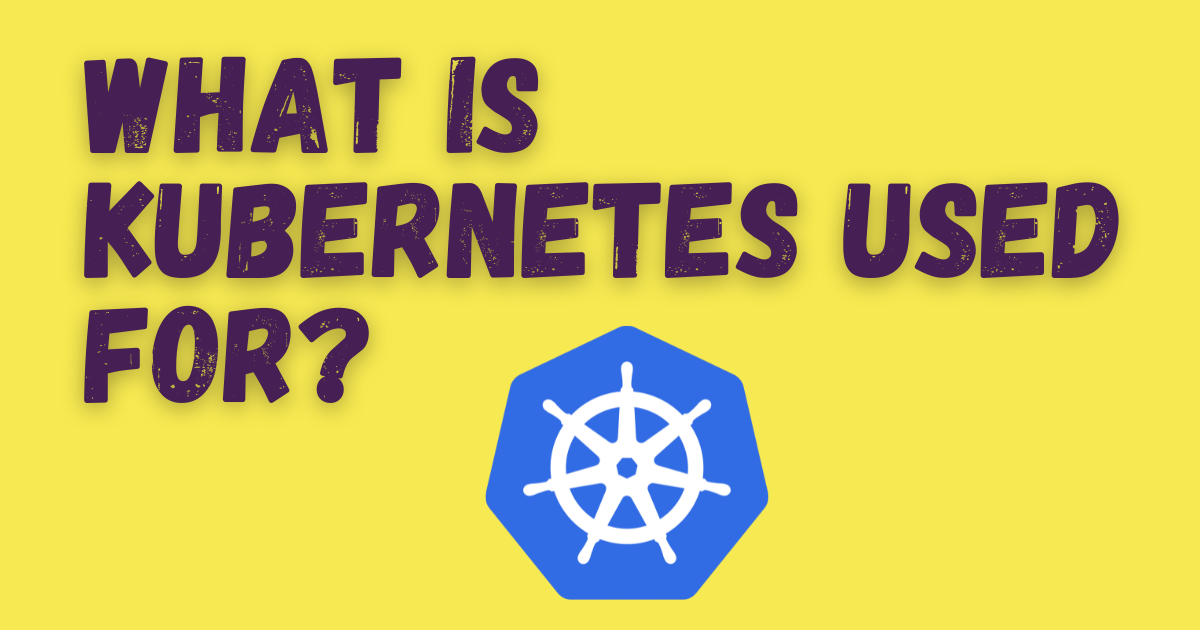Kubernetes uses
what is Kubernetes for
Kubernetes benefits
Kubernetes applications
Kubernetes in cloud
Kubernetes container management
Kubernetes scaling
Kubernetes automation
Kubernetes deployment
What is Kubernetes used for?
Ode2Code
August 9, 2025
• 2 min read
Introduction
Kubernetes (also called K8s ) is an open-source platform that helps manage applications built using containers .
Think of it as the traffic manager and caretaker for your applications — it makes sure they run smoothly, even if there are thousands of users.
Let’s break down exactly what Kubernetes is used for in simple terms.
1. Deploying Applications 🚀
- Kubernetes helps developers launch applications quickly .
- You can easily update your app without stopping it.
- It supports rolling updates , meaning new features go live without downtime.
2. Scaling Applications 📈
- When more users visit your app, Kubernetes can automatically add more power (scale up).
- When traffic is low, it can reduce resources (scale down) to save costs.
3. Managing Containers 🛠
- Containers (like Docker ) package everything your app needs.
- Kubernetes organizes and manages these containers so they run exactly where and when needed.
4. Self-Healing 💪
- If something breaks, Kubernetes fixes it automatically .
- It restarts failed containers, replaces them, and moves workloads to healthy machines.
5. Load Balancing ⚖
- If thousands of users visit your app at once, Kubernetes shares the load across servers.
- This keeps the app fast and reliable for everyone.
6. Working Across Cloud and On-Premises ☁💻
- Kubernetes works on AWS, Azure, Google Cloud , or your own servers.
- This means you can move apps between environments without changing the code.
7. Running Batch Jobs ⏳
- Kubernetes can also run scheduled or one-time jobs , such as data processing or report generation.
8. Cost Optimization 💰
- By automatically adjusting resources, Kubernetes reduces waste .
- Businesses save money by only using what they need.
Why Do Companies Use Kubernetes?
- Speed – Faster updates and deployments.
- Flexibility – Works with different cloud providers.
- Reliability – Keeps apps running without downtime.
- Future-Proof – Container adoption is growing fast.
Conclusion
Kubernetes is used for deploying, scaling, and managing containerized applications in a smart and automated way.
It’s like having an IT manager that never sleeps , making sure your apps are always online, fast, and cost-efficient.
If you work in software development, DevOps, or cloud computing , learning Kubernetes is a big career advantage .